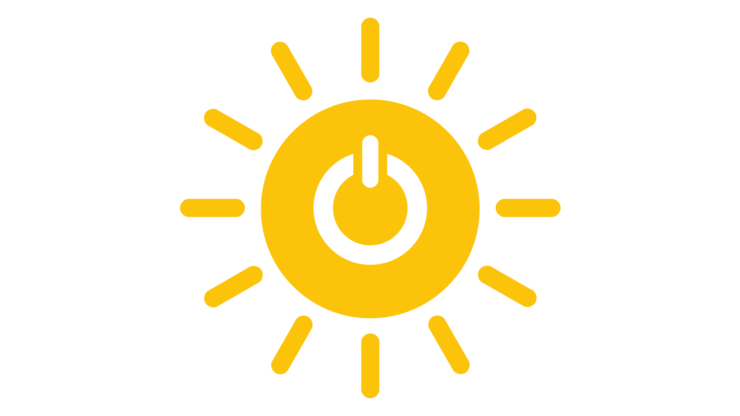A new collaboration between the Danish Energy Agency (DEA) and UNEP DTU Partnership takes advantage of synergies in district energy expertise and implementation of Danish know-how. Starting out in China and Ukraine, the two organisations will work together towards implementation of district energy.
The collaboration comes after UNEP DTU Partnership has worked with the energy agency throughout most of 2019, and recognises UNEP DTU Partnership’s expertise and network of stakeholders and partners within district energy.
Focusing on developing and implementing district heating and cooling systems with renewable energy and waste heat in the Shanxi province, UNEP DTU Partnership will be assisting DEA on the Strategic Sector Collaboration on District energy.
Based on pilot projects
The collaboration started in early 2019 based on a UN Environment Programme District Energy in Cities Initiative pilot project, supported by UNEP DTU Partnership, in Xian and a DEA pilot in Tongchuan, two cities less than 100 km apart in the same Chinese province.
Both pilot projects revolve around energy efficient district energy systems, that not only reduce emissions and air pollution but also has the potential to positively impact several other areas of sustainable development.
As the two projects got connected, UNEP DTU Partnership’s expertise and networks in the field of district energy was recognised by DEA.
Sharing expertise and contributing to national planning
The first results of the collaboration have already emerged.
In China, UNEP DTU Partnership has completed a national framework review in the district heating sector with recommendations for the upcoming 14th 5-year national plan. This work also included training workshops for energy mapping and planning in use of the Danish Energy Agency’s District Heat Assessment Tool.
In Ukraine, UNEP DTU Partnership has worked together with local consultants to finalize a feasibility study together with local consultants for district heating in Khmelnytskyi City.
The above work has led UNEP DTU Partnership to collaborate more closely with DEA on a strategic level on the agency’s Strategic Sector Collaboration on district energy.
A global perspective
A key element in creating an impact through district energy is replication, affordability and scalability of projects.
In the collaboration with Danish Energy Agency, UNEP DTU Partnership will among other projects focus on implementation of district energy systems in the Shanxi province, for further replication and upscaling in the rest of China.
Based on the collaboration in China, DEA and UNEP DTU Partnership will also look into working together on district energy in other countries where the UNEP DTU Partnership expertise can assist the agency.
Meeting climate and development targets
UNEP DTU Partnership’s work on district energy is rooted in the District energy in cities initiative.
The initiative is one of six accelerators of the Sustainable Energy for All (SEforALL) Energy Efficiency Hub, hosted by the UNEP DTU Partnership’s Copenhagen Centre on Energy Efficiency.
It comprises of a network of 59 cities, 23 countries and more than 70 organisations and businesses, and works globally to implement district energy projects. Projects that not only reduce air pollution in cites and save energy, but also enables progress on SDGs and climate targets.
The Initiative and the Copenhagen Centre on Energy Efficiency aims to double the rate of energy efficiency improvements for heating and cooling in buildings by 2030, helping countries meet their climate and sustainable development targets.


